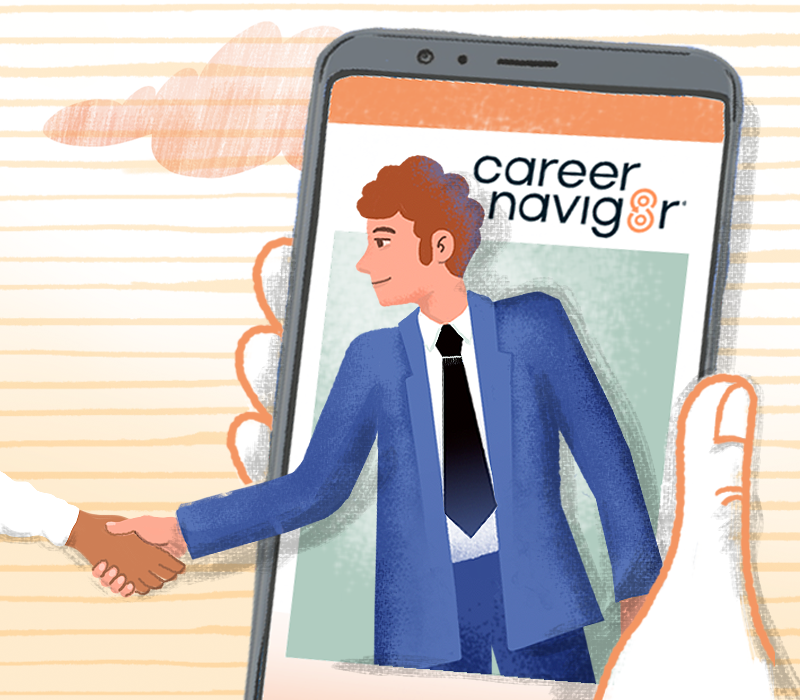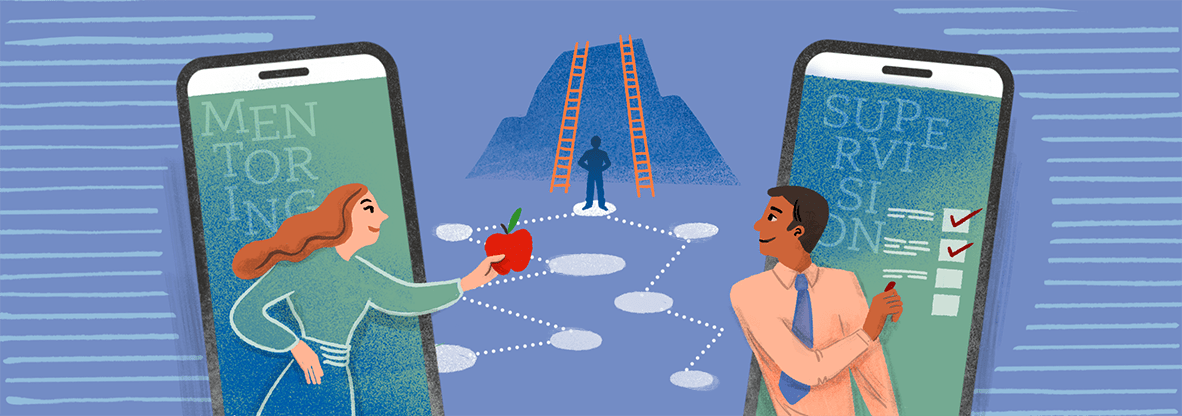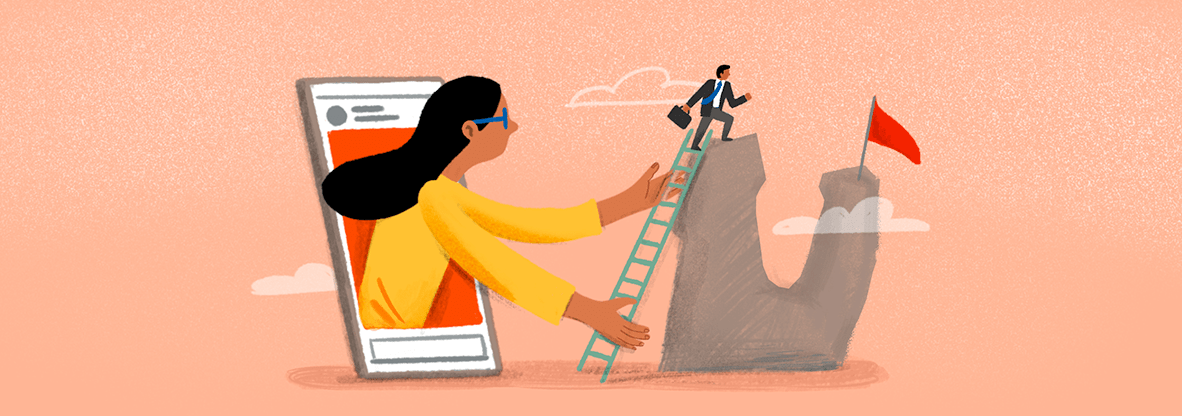Is Your Job Being Replaced By AI? Here’s What You Can Do About It

AI and job replacement is a subject none of us can avoid in 2025. Here at Career Navig8r, we’ve been talking a lot about AI lately, trying our best to separate the fact from the fiction and help to keep you informed about the current career landscape.
In this article, the last of our AI series, we’d like to give some practical advice for what you can do if you’re worried about being replaced. We’ll be talking about the reality of changing career paths, the importance of having a realistic understanding of what AI can do, and why it’s so hard to assess how many jobs will be lost to AI.
Making a Backup Plan
Let’s start with the practical stuff. If you’re worried about being replaced, then now is the time to start setting things in motion.
Switching career paths can be difficult but it’s even harder if you’re not prepared. If you want to change careers then you’ll not only need a second set of skills and expertise, but you’ll also need enough savings to carry you through that difficult early period.
Both of these can take time to acquire. You’ll want to start setting aside a little time each week to work on that new skill. If you’re not sure about the career path you want to move to, then don’t panic. They may be hard to find but there are jobs out there that aren’t threatened by AI.
Examples of AI-Safe Job Roles
In some ways it’s easier to talk about jobs AI won’t replace than the ones it will. Historically, blue collar roles have always been the ones most impacted by automation but AI is very much shifting that trend.
In particular, areas such as medicine, construction, and engineering are all fairly safe. While there are some AI tools that can help with these jobs, for the most part these are real-world disciplines that require a combination of expertise and hands-on skills.
Furthermore, while some roles within these sectors require higher education/qualifications, there are also many entry points.
Put simply, when you’re putting together that backup plan, your best option will always be a physical, in-person job.
Avoiding AI Intimidation
It’s also important to keep perspective on all these things. While it never hurts to have your options open to you, the truth is that change rarely happens overnight and new technologies often promise a lot more than they deliver. That’s why, before making any major career decisions, be sure to look around and ask yourself whether your job is really under threat.
Have you seen other people in your field losing their work? If your company tried to replace you, do you really think it would benefit them in the long run?
Keep in mind that it’s a lot easier to say you’ll use AI than to actually do it. Don’t let your company tell you, you’re replaceable because that can easily become a justification for lowered/stagnating wages. Instead, do the research yourself, find out if the tool is really as good as people say it is, and – if it truly is – then that’s the time to start preparing your backup plan.
The Future of AI in the Workplace
The challenges of automation aren’t new, but AI might genuinely represent one of the largest career revolutions in human history. Ten years from now the entire job market may look different and although that may feel terrifying in the short term, in the long run automation almost always creates as many jobs as it destroys.
As we’ve said many times before, a great deal of the excitement around AI is still speculative at this point in time. For the last two years countless headlines have announced that countless jobs would be made redundant. Here in 2025, white collar work is still going strong and while some jobs are being lost the prospect of AI replacing all white collar jobs is still a long way off.
If there’s one final note we’d like to leave you on, it’s this. Stories about all the jobs AI will replace make great headlines. They generate a lot of clicks. When all’s said and done, however, the only real way to measure the impact of this technology is by keeping an ear to the ground and not letting yourself get overwhelmed by online negativity.


